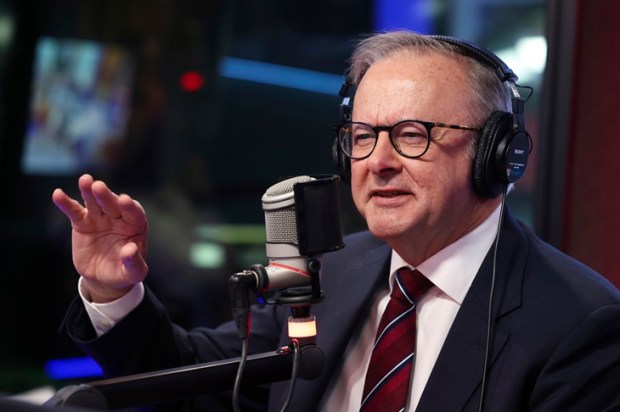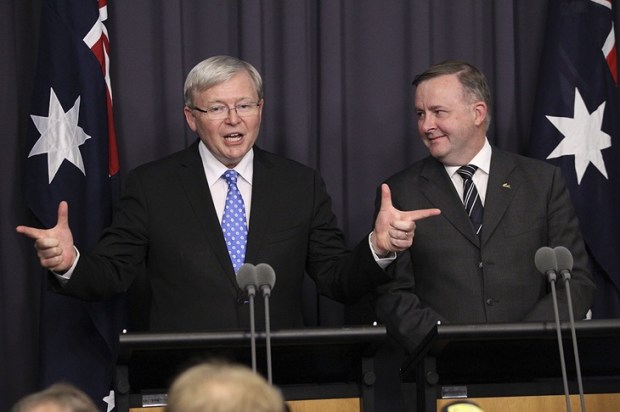Prime Minister Anthony Albanese’s current pilgrimage to Beijing has reignited an old Australian debate: should we trade away our strategic clarity for economic stability?
The visit is pitched as a triumph of diplomacy and economic pragmatism. Albanese may return with glowing headlines about thawing relations, the lifting of punitive Chinese trade bans, and promises of a more ‘mature’ bilateral relationship. Business groups, naturally, will cheer. After all, China still buys a third of Australia’s exports – iron ore, LNG, and agricultural products underpinning jobs, super funds, and government budgets.
But the strategic cost of this transactional diplomacy risks outweighing its short-term benefits. For all the smiling photo ops with Xi Jinping, Albanese studiously will avoid any real criticism of China’s aggression towards Australia. Beijing continues to harass Australian naval vessels in international waters, circumnavigate our continent with spy ships, militarise the South China Sea, threaten Taiwan, and enable Russia’s war effort in Ukraine. Yet the Prime Minister’s team is likely to choose conciliation over candour.
Contrast this with Japan, South Korea, and even New Zealand in measured tone – all of whom manage robust trade with China while remaining forthright about Beijing’s coercive behaviour. Albanese’s reluctance to speak truth to power raises questions about his strategic realism, or lack thereof.
Worse still was his conspicuous absence from the recent Nato Summit, just days before his Beijing trip. For decades, the US alliance has underwritten Australian security and regional stability. Today, while Canberra still talks up Aukus which is currently under review by the US, critics fear Albanese’s China tilt risks undermining the trust and resolve underpinning that agreement. Aukus is not merely a submarine contract; it is a statement of civilisational alignment with the democratic world against authoritarian revisionism.
The core flaw in Albanese’s approach is the false equivalence between economic and security imperatives. His ‘collaborate where we can, disagree where we must’ type formula sounds statesmanlike, but under Xi Jinping’s leadership, China has fused its commercial, military, and ideological ambitions. Trade is no longer ‘just trade’ – it is a tool of political leverage.
Appeasement does not buy peace, only time. History is littered with leaders who mistook economic interdependence for strategic moderation – think of Europe’s Russia policy before 2022. China’s record on human rights, its creeping authoritarianism, and its global ambitions remain fundamentally incompatible with the liberal democratic order Australia inhabits. To imagine otherwise is naive at best and dangerous at worst.
Defenders of the prime minister insist his visit will stabilise a tense relationship and secure market access for exporters. True, in the short term. But at what price? Every reassurance given to Beijing without a reciprocal check on its aggression erodes deterrence, emboldens coercion, and narrows Australia’s future choices.
This visit is billed as pragmatic realism. The reality is that strategic clarity, not diplomatic ambiguity, has kept Australia safe in an increasingly uncertain Indo-Pacific. Albanese would do well to remember that while iron ore dollars pay the bills, only strong alliances and deterrence ensure those bills can continue to be paid in freedom. A precarious balancing act, indeed, for the Prime Minister in Beijing. Trump will be watching closely.

























